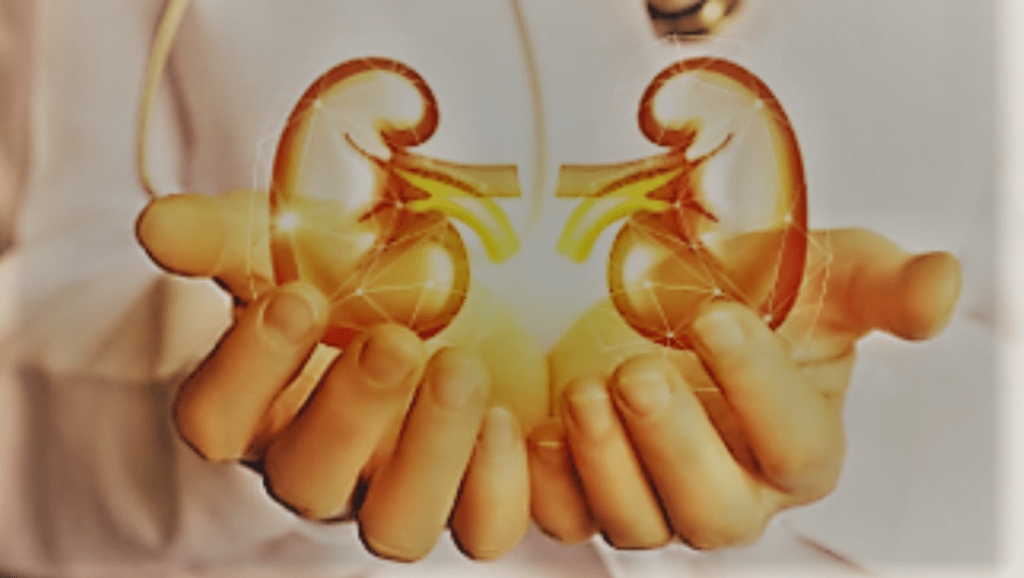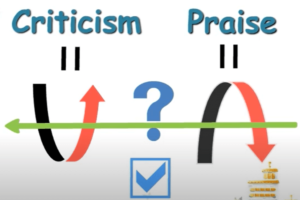During the late eighties, there had been a huge debate over kidney for cash scandal in London that prompted the British lawmakers to act after news reports that poor Turkish peasants were paid around $3200 to $5600 to donate their kidney for transplantation into rich British recipients at Humana Wellington Hospital in north London. In the words of the then British Health Minister, Roger Freeman, “the concept of organs being bought and sold for money is entirely unacceptable in a civilized society.” Despite some lawmakers pointing that any restriction in organ market “will cause death where there could be life”, the parliament passed the legislation outlawing the organ sale.
So, why all the debate and dilemma? Well, it has to be explored philosophically.
Philosophical Perspective
Live donation of kidney is per se a morally complex issue because the donor has to undergo a surgery that does not offer him any medical benefits but may instead cause health complications in the future. Add the financial compensation to it, the complexity further increases, and if the financial compensation in the form of payment is the exploitation of an individual’s misery or hopelessness caused by his poor economic status, then the issue enters into an intricate ethical labyrinth.
One may argue that transplantation after consensus between both the providing and the receiving parties on the fulfillment of their best interest will be as clean as the spring water on every moral grounds. I, however, see a grave moral concern. I am afraid that the provider is vulnerable to be primed to believe a less attractive offer as his ‘best interest’ by the deceitful act of those having an upper hand. I am afraid that the provider has to live with a long-term dissatisfaction and trauma of giving up a healthy organ instigated by the pursuit of short-term compensatory benefits.
Utilitarianism and Kantianism
Utilitarians will be quick to make their cost-benefit analysis for both the parties, and may even give a go-ahead seeing an affirmative outcome. However, history tells us that they have always erred when the issue is about human life because there are so many abstract things about humanity that can not be accounted by a certain dollar value. As Immanuel Kant mentions, humans are autonomous beings and there are certain rights of an individual that should not be violated to protect his sense of being human no matter the scale of benefit to the rest of the world.
Proponents of organ markets blatantly call a premise of Kantianism, respect for autonomy, a hypocrisy. They argue that if every individual is autonomous, then he has the inherent right to decide what he can do with his body without harming anyone, and so any acts or policies that put hold to one’s voluntary decision are baseless. However, a citizen of a wealthy country (the UK) paying a citizen of a less wealthy country (Turkey) for their organ is evidently an act of exploitation, and what seems voluntary will not actually be voluntary under such circumstances. Such dealings are usually triggered by misinformation, miscalculation, coercion or undue influence, and wear a façade of honesty and transparency. True respect for autonomy, as articulated by Beauchamp and Children, is when one is allowed to challenge the individual’s decisions if it is against his true best interest.
Some may even highlight the economic respite organ sale provides to the impoverished selling families. I call it an insane blasphemy to the sacred law of human civilization. Poverty alleviation is a premise that demands a different course of action from the institutions of the country. To believe that Turkey will achieve higher economic growth by allowing its citizens to sale their kidneys to rich nations like UK is an utter foolishness. Blood has a color does not mean that we should cut our finger every time we chose to write.
Virtue Ethics
What actually could justify the act of selling kidneys is the principle of virtue ethics, i.e. acting as a virtuous person would act in the given situation. A virtuous person does the right thing, at the right time, in the right way, in the right amount, toward the right people. Unlike consequentialist (who focuses on the outcome of any situation to judge rights and wrongs) and deontologist (who focuses on duty and adheres to the strict moral laws), a virtuous person emphasizes on moral character rather than the set of rules. However, for a possible seller, who is possibly under some misery and whose judgement is already clouded, determining a golden mean (i.e. being virtuous) to make a right decision (whether a not to sell a kidney) by taking into account various abstract aspects of human life is like chewing the iron’s beaten rice. Further, the golden mean will also differ among the individuals, but the laws and policies that allow or ban the organ market should be indifferent to everyone. Therefore, we still cannot justify permitting organ sale. Anything that is unjustifiable is immoral.
Possible Solution?
Then, let’s ruminate over a possible solution. Of around 50 to 60 million people that die every year, 5 to 10 million people die due to kidney diseases. On that note we would have an excess of 45 to 50 million transplantable kidneys. If the global leaders were to unite and develop policies that could tap at least 10 percent of the excess organs (not just kidneys), the problem of organ shortage will be solved forever. However, in the long run, the concern will not just be an individual but the entire humanity, and the new questions like ‘should we really save millions who got what they deserved because of their own choice of unhealthy lifestyle?’ would arise, and the institutions like WHO will have a tough moral check.
…………..
Is the blog helpful?
Mention in the comments below.
Do not forget to check our other blogs, and research paper summaries.








One Response
This article made me think the issue once. Writer has raised a serious concern over humanity. Of course, we don’t have right to force anyone to donate their body organ regardless a huge sum. But, government can launch the campaign to trace out the voluntary donar around. Those voluntarily interested can transplant their organ to the needy on the supervision of Nepal government. In this case, there shouldn’t be raised a concern of money to both the recepimento and donar. It should be totally humanitarian purpose.